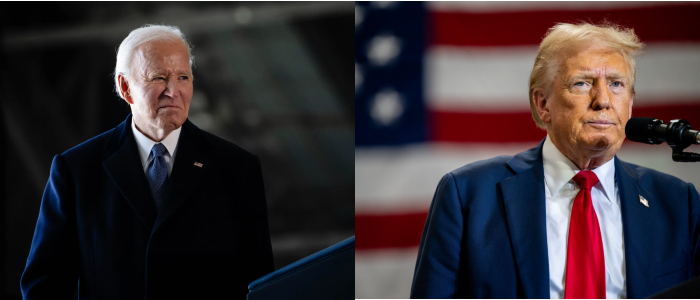India’s response to the tragic attack on tourists in Indian-occupied Kashmir follows a tired and transparent playbook—one that is increasingly unconvincing to anyone observing with clear eyes. Before the dust had settled and the blood dried, New Delhi rushed to blame Pakistan, issuing accusations without even the pretence of an official investigation. Within minutes, a torrent of vitriol was unleashed by social media trolls, amplified by the Bharatiya Janata Party-aligned and notoriously inflammatory Indian media, all trained to attack Pakistan.
This coordinated outcry only strengthens Pakistan’s suspicion that the attack may have been pre-planned, a false flag operation designed with a purpose. And as events unfolded, India’s true intent quickly came into focus. By unilaterally suspending the Indus Waters Treaty, India revealed its hand.

This treaty, a pillar of regional stability, cannot be altered or suspended by a single party under international law. Yet India’s actions show that its longstanding goal has been to disrupt Pakistan’s water supply—something it has already sought to do by constructing illegal dams on rivers allocated to Pakistan. This latest move represents not just a breach of an agreement, but a dangerous escalation aimed at undermining Pakistan’s security and sovereignty.
JKT opens ICT and STEM labs for girls in Khanewal India’s decision to act unilaterally not only violates international norms but threatens to unravel the fragile peace of the entire subcontinent. The Indus Waters Treaty is not merely a technical agreement—it is a cornerstone of South Asia’s delicate power balance. Undermining it risks setting off a chain reaction that could destabilise the region.
If Pakistan’s access to the Indus waters is threatened, then the very basis of other bilateral agreements also comes into question. Pakistan, in turn, may justifiably consider suspending its own commitments, including the Shimla Agreement—which established the Line of Control—and other ceasefire arrangements. Such a scenario would dismantle the mechanisms that have kept hostilities at bay, however uneasily.
India is playing with fire, seemingly unaware—or perhaps willfully ignorant—of the conflagration it risks igniting. The consequences of such reckless brinkmanship could be catastrophic, not just for the two nations involved, but for the entire region. Motorcyclists kill woman Tags: indian false flag.
Politics

Indian False Flag

India’s response to the tragic attack on tourists in Indian-occupied Kashmir follows a tired and transparent playbook—one that is increasingly unconvincing to anyone observing with clear eyes.















